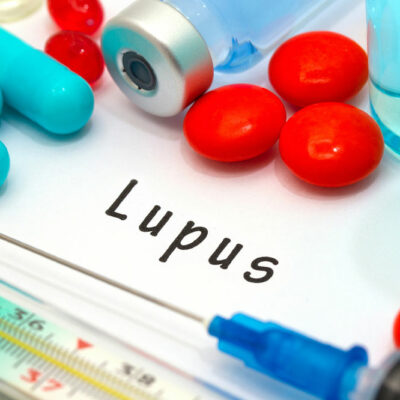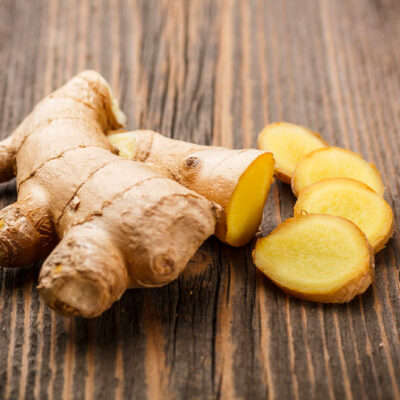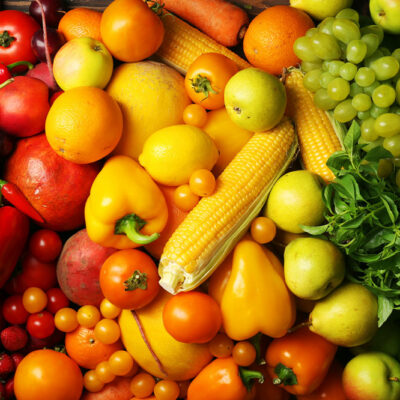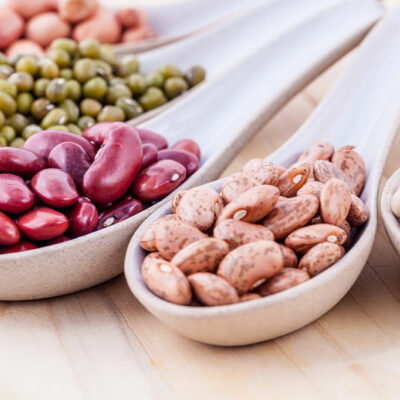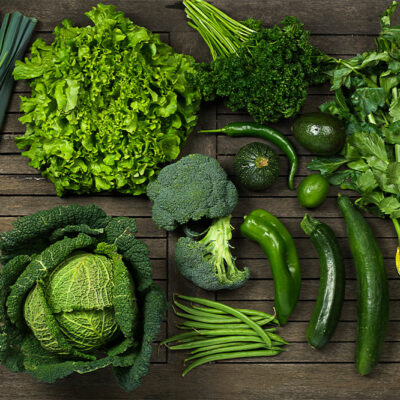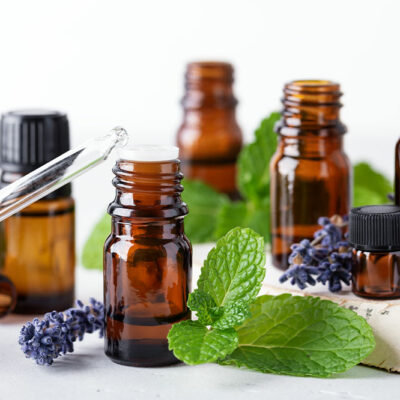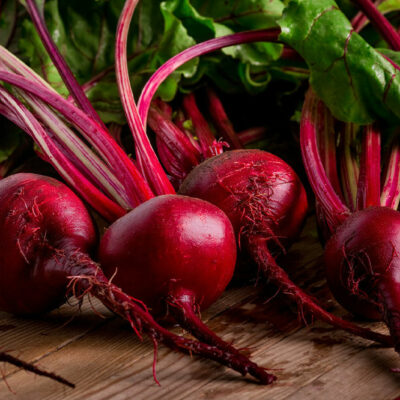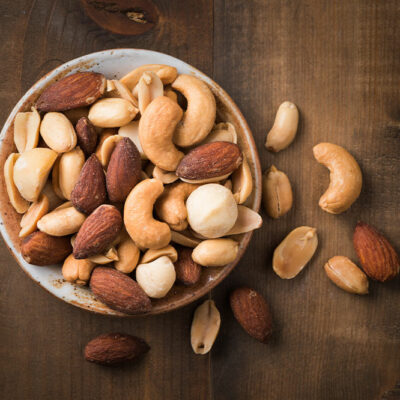
health
8 warning signs of prostate cancer
Prostate cancer is a dangerous health condition in which the cells in a person’s prostate grow unnaturally, aggressively, and out of control. Like other malignancies, prostate cancer can assume life-threatening proportions if not diagnosed and addressed in its initial stages. However, healthcare professionals can treat the condition successfully if a person pays attention to the warning signs of the condition. Some of the leading indicators of prostate cancer are discussed below. Urinating difficulties Prostate cancer affects a person’s urination and the organs contributing to the process. So, people with this condition tend to have weakened or slow urine flow. Moreover, individuals with this condition also experience pain in the lower abdomen and urethra while urinating. Other issues, such as an excessive urge to urinate and a lack of control over how the urine flows, are common problems people face in all stages of prostate cancer. If people face pain while urinating or any other difficulty, they must immediately consult a doctor or oncologist for a cancer screening test. Frequent urination Besides pain during urination, prostate cancer patients might also experience irregular urination patterns in all stages of the condition. As the cells grow out of control into tumors, the adjacent cells and tissues soon start feeling the strain.


